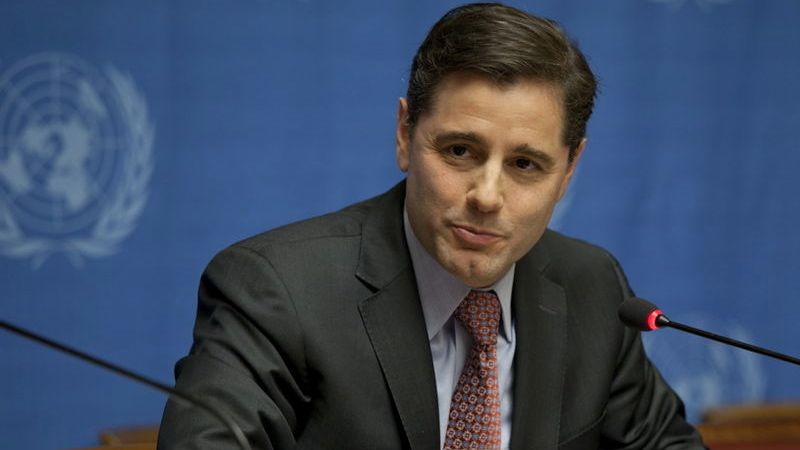Unlocked cell phone ban raises concerns for FCC chairman
FCC will investigate unlock ban

Sign up for breaking news, reviews, opinion, top tech deals, and more.
You are now subscribed
Your newsletter sign-up was successful
For years, unlocking cell phones fell into a grey area, exempted from the Digital Millennium Copyright Act (DMCA) by Congress but vehemently frowned upon by carriers.
The carriers got their wish earlier this year when it was made illegal to unlock cell phones, but now the head of the Federal Communications Commission (FCC) thinks the issue bears investigating.
Chairman Julius Genachowski, ever a voice of reason, told TechCrunch Thursday that the ban on unlocking cell phones "raises competition concerns" and "raises innovation concerns."
He said the FCC is planning to investigate whether something needs to be done and whether the agency has the authority to make unlocking cell phones legal again.
Under pressure
TechCrunch reported that "the tone of the conversation" it had with Genachowski suggested to the site that he'll "exert his influence" during the commission's investigation.
Genachowski himself assured that "it's something [the FCC] will look at."
Although the Library of Congress is in charge of DMCA interpretation, we hope the FCC, steered by Genachowski, can wield some influence on behalf of the best interests of consumers.
Sign up for breaking news, reviews, opinion, top tech deals, and more.
To unlock or not to unlock
Users who want to switch carriers after purchasing a subsidized phone have to unlock it first, but carriers succeeded in getting cell phone unlocks banned in October.
The ban went into effect on January, and as of Jan. 26 it became illegal for users to unlock their own handsets.
Now users who unlock phones purchased after that date face legal penalties that have yet to be fully explored.
This is great for carriers, which will no doubt believe customers will be more likely to simply stay locked into pricey contracts rather than face fines or other penalties for unlocking their own phones.
It's not so great for consumers, though, who many believe should be able to alter software freely on devices they own.
How many? Quite a few, it seems, based on the recent whitehouse.gov petition that garnered over 112,000 signatures.
We're still awaiting a statement from the Obama administration, and between that and the FCC's interest, the future of smartphone unlocking could be looking up soon.
Michael Rougeau is a former freelance news writer for TechRadar. Studying at Goldsmiths, University of London, and Northeastern University, Michael has bylines at Kotaku, 1UP, G4, Complex Magazine, Digital Trends, GamesRadar, GameSpot, IFC, Animal New York, @Gamer, Inside the Magic, Comic Book Resources, Zap2It, TabTimes, GameZone, Cheat Code Central, Gameshark, Gameranx, The Industry, Debonair Mag, Kombo, and others.
Micheal also spent time as the Games Editor for Playboy.com, and was the managing editor at GameSpot before becoming an Animal Care Manager for Wags and Walks.
